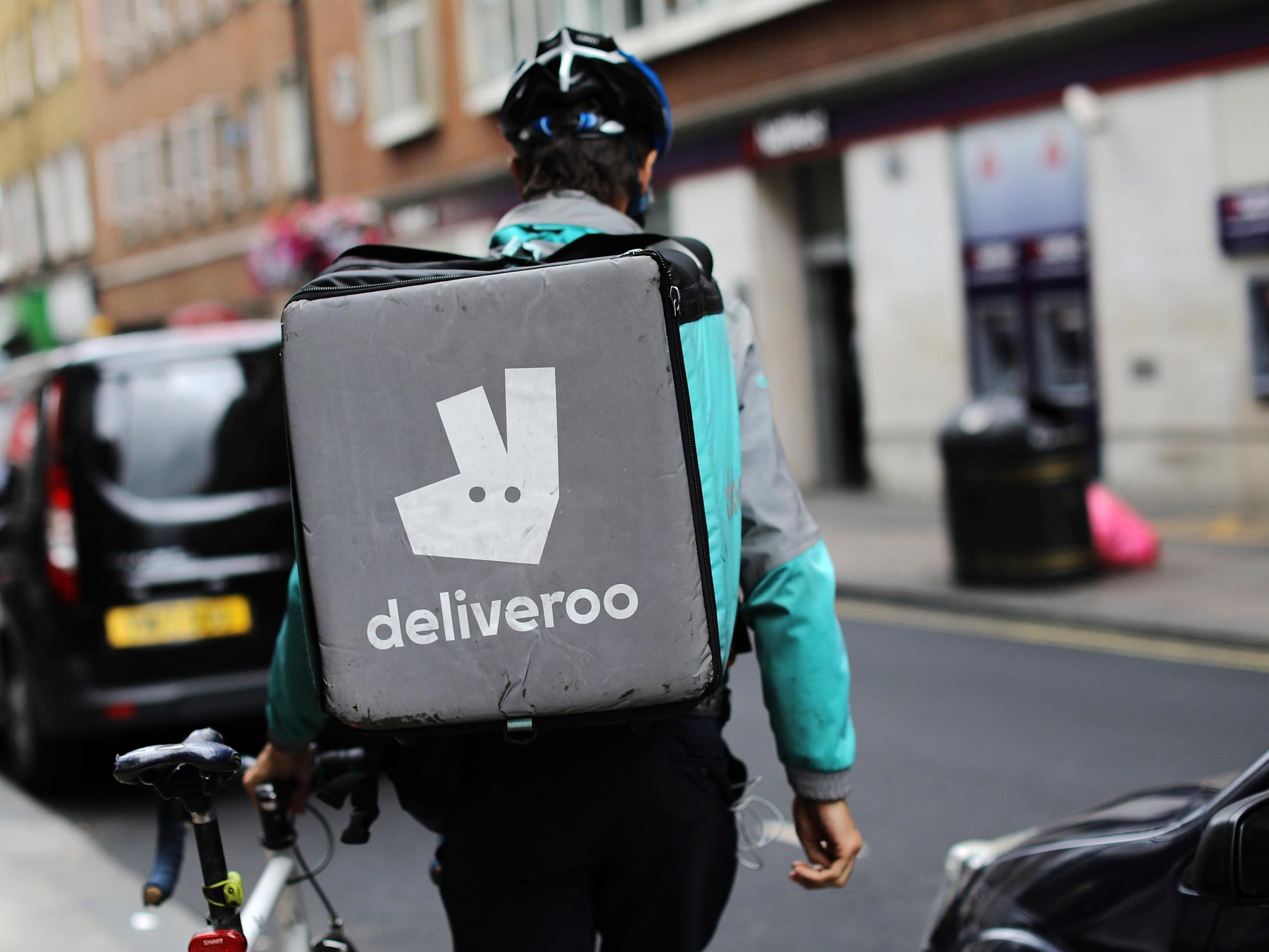Fears over the coronavirus expose just what a disease the gig economy is
Millions of Britons don’t qualify for sick pay and may have little choice but to turn up for work even if they’ve potentially been exposed, writes James Moore


People who self-isolate over coronavirus will get sick pay, said the headlines. Health secretary Matt Hancock stepped up in the House of Commons to confirm that taking this step should be “considered as sickness for employment purposes”.
“It’s a very important message,” he said. And who could argue with that?
It came as US oil giant Chevron told a couple of hundred UK staff to work from home for the foreseeable future, an eminently sensible course of action for the company to take.
Self-isolation is an effective way to beat this particular nasty. If you let people work from home, they can do that. Acas, the conciliation service, has urged other employees to be sensitive to the issue. There are signs that some are heeding that advice. And so they should because it’s clearly bad for business to have your staff getting knocked out by this, and spreading it before they do.
Pragmatism is a wonderful thing. With it, we might just get through this in one piece after all.
But wait just a minute. What about people who have to report to a workplace – say, a warehouse – where their employer might not be too sympathetic to their calling in sick, if they are even officially employed by the owner. Agencies commonly supply and oversee a lot of the staff at these places.
And “statutory sick pay” if your employer doesn’t have their own scheme, as good ones do? It’s a pittance. Just £94.25 per week, way below the minimum wage, and you have to have had four consecutive days off to qualify.
Agency workers can be eligible, just so long as they are classed as employees. There’s this thing called “the gig economy”. You may have heard of it. It covers Uber drivers, freelancers, temps, people on day rates, most of whom aren’t eligible.
Let’s say you saved up for an overseas trip, blowing your reserves in the process, only to (potentially) encounter coronavirus, like some of the people who recently returned from Italy.
What do you do if you’re not fortunate enough to be in receipt of the sick pay Hancock was talking about and/or are required to come into an office or other workplace to get paid?
The advice might be to stay home. But if you do that, bills may go unpaid and the fridge may rapidly empty.
You won’t know for 14 days or so if you have the thing and there’s nothing much you can do if you have. What do you do during that period?
A lot of people will probably be inclined to cross their fingers and go in. Some are going to find themselves in the position where they don’t have any other choice.
The TUC reckons there are nearly 4 million people in the sort of insecure work that will have them falling through the threadbare sick pay safety net. Another figure: about 2 million people don’t earn enough to qualify for it. Some 69 per cent of them (1.4 million) are women, who are more likely to work part-time.
Insecure work could be described as a modern disease.
It may yet play an important role in spreading a very real one.
The coronavirus is exposing just how unhealthy Britain’s poor record on workers rights is. Hancock’s party has an awful lot to answer for on that front.
It would serve as some small consolation if this episode forced it to pay attention to the issue. It’s not as if it’s new.
Join our commenting forum
Join thought-provoking conversations, follow other Independent readers and see their replies
Comments